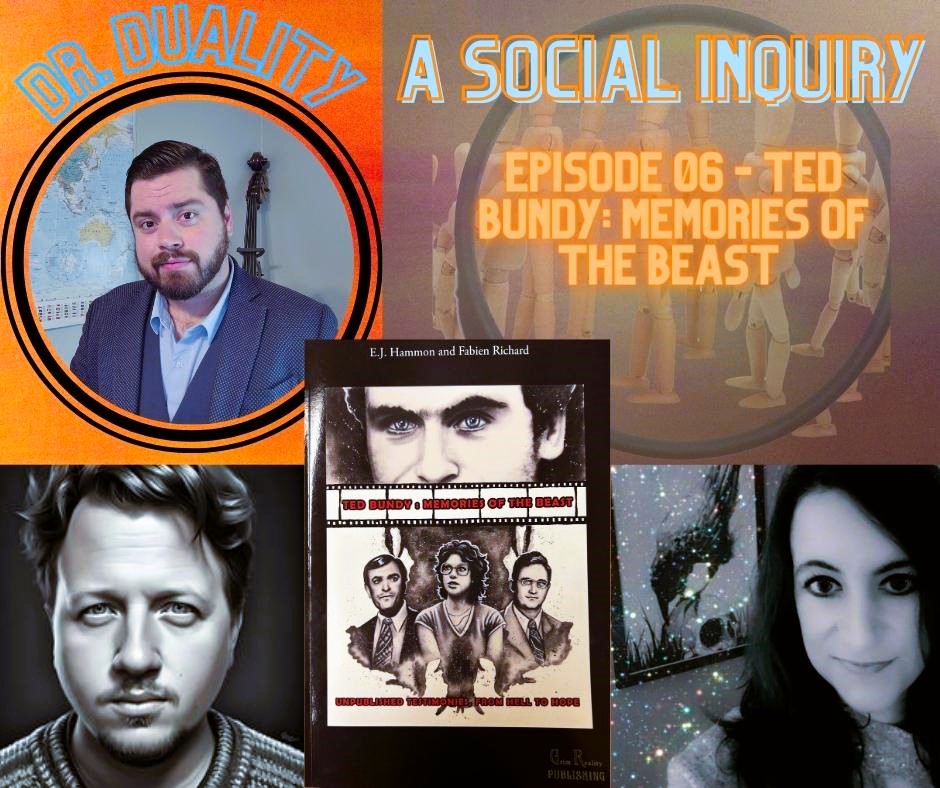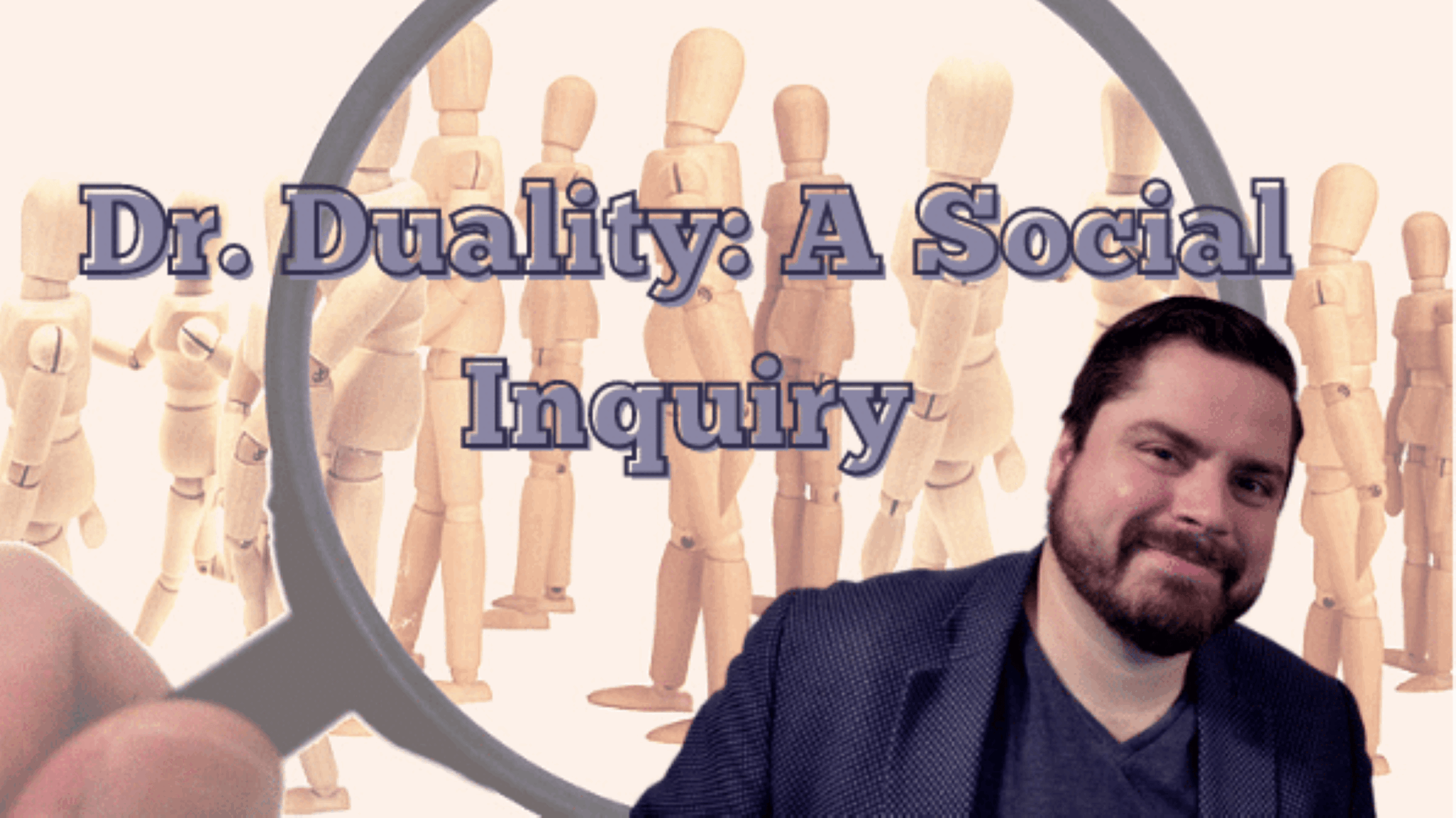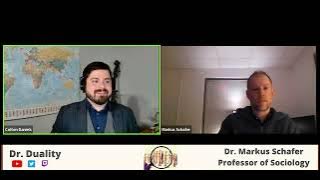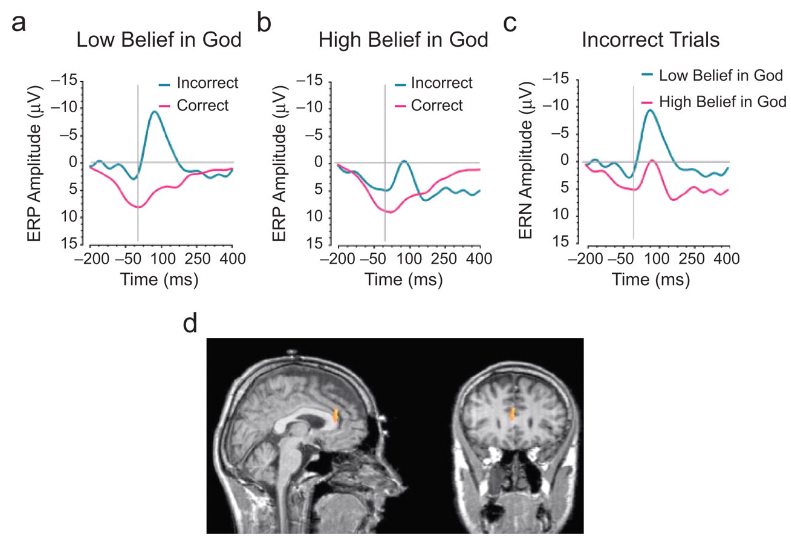We caught up with the brilliant and insightful Colton Daniels a few weeks ago and have shared our conversation below.
Colton, thanks for taking the time to share your stories with us today Looking back at internships and apprenticeships can be interesting, because there is so much variety in people’s experiences – and often those experiences inform our own leadership style. Do you have an interesting story from that stage of your career that you can share with us?
When I was a graduate student, one of my jobs was that of a research assistant (basically an academic intern). It was during this time that a couple of mentors taught me the importance of patience. I know it drove them crazy, but at the time, I was often tasked with carrying out statistical analyses that would go on to be used in articles that would be published in academic journals. Like many of us in our younger days, I would do my utmost to conduct the coding and run the analyses and be done. Needless to say, more than one mistake was made. While this story is rather cliché, it is how my mentors, Drs. Xiaohe Xu and Christopher G. Ellison impressed upon me the importance of taking my time and getting these analyses right. They discussed how bad research can have severe consequences that can persist despite evidence disproving the faulty findings. Essentially, they pushed me to become a more diligent researcher and not act with such haste; otherwise, infamy could follow. I utilize this same diligence when conducting my interviews for my podcast (DrDualityTV).

Colton, love having you share your insights with us. Before we ask you more questions, maybe you can take a moment to introduce yourself to our readers who might have missed our earlier conversations?
I got into academia when I took two courses in the summer of 2014. They were Deviance and Difference and Research Methods. They taught me that (1) I do not have to be in law enforcement to study criminal behavior, and (2) that statistical analyses can be used to further our understanding of why people do bad things. Throughout my time as a graduate student at the University of Texas at San Antonio (UTSA), my appreciation and intrigue for such concepts grew so much so that I decided to pursue a career in academia by becoming a professor. My next major point of exploration into topics concerning people’s behaviors and reasoning behind them led me to start a podcast in the Spring of 2021. By no means was this a revolutionary idea, given that at that time, podcasts were being made at significant rates. However, I wanted mine to stand out, or rather, deviate (lame pun, but that is my style) from the countless other podcasts. To accomplish this, I sought out other academics or professionals in their field to discuss specific articles they had published or unique experiences in their careers. I would guide our discussions to emphasize key highlights that the general public could easily digest.

What’s worked well for you in terms of a source for new clients?
Fellow academics who can then refer others whom they know. Classic snowball method.

How about pivoting – can you share the story of a time you’ve had to pivot?
For my podcast, I initially wanted to expand my audience by engaging in other activities, but this approach was not fulfilling and led me to start resenting it. Do not start too big, and do not lose track of your primary goal. Invest fully in it.
Contact Info:
- Linkedin: https://www.linkedin.com/in/colton-daniels
- Youtube: https://www.youtube.com/@dr.duality

Image Credits
Colton Daniels

